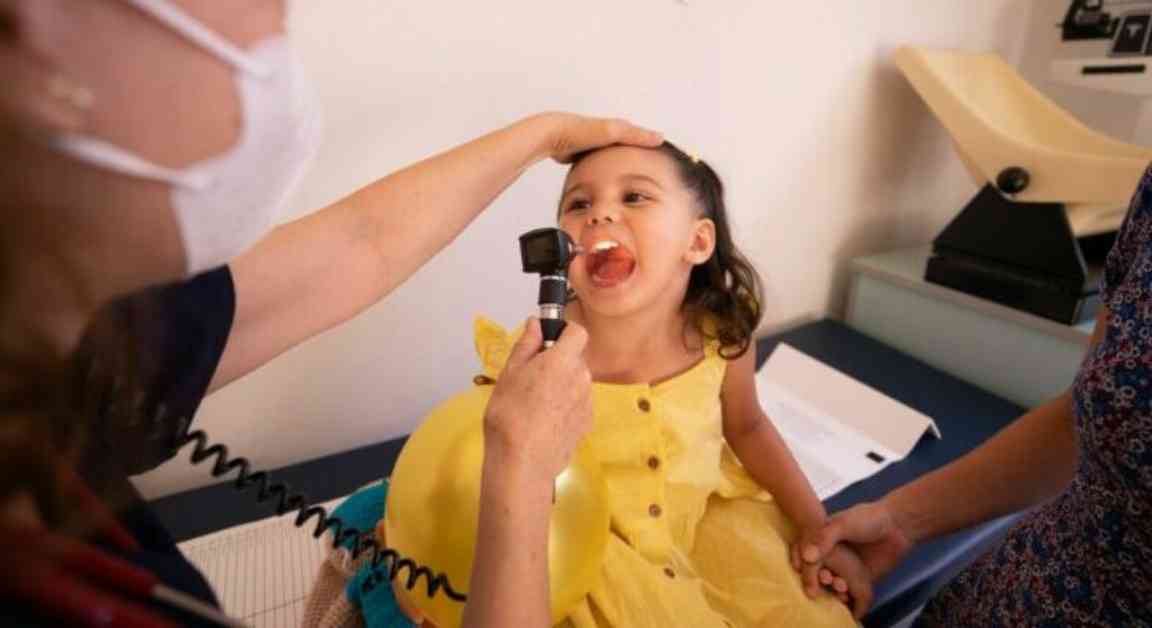On a recent Thursday, Senators Bob Casey and Markwayne Mullin introduced the Creating Hope Reauthorization Act in the Senate. This bipartisan initiative aims to support pharmaceutical companies in developing drugs for rare pediatric diseases, such as various forms of cancer. The proposed legislation seeks to extend the FDA’s Rare Pediatric Disease Priority Review Voucher (PRV) program, which incentivizes drug manufacturers to bring new treatments to market more quickly.
Senator Casey, Chairman of the Senate Health, Education, Labor, and Pensions (HELP) Subcommittee on Children and Families, stressed the importance of continuing this program. He highlighted the fact that many children suffer from rare diseases with limited treatment options and emphasized the need to invest in finding treatments and cures for these conditions.
Senator Mullin, a member of the same subcommittee, echoed Senator Casey’s sentiments, emphasizing the importance of reauthorizing and extending the PRV program. He pointed out that while one in ten Americans live with a rare disease, less than 10 percent of these conditions have an approved treatment option. The reauthorization of the PRV program aims to provide greater stability and encourage innovation in treating rare diseases that predominantly affect children.
Since its inception in 2012, the PRV program has been instrumental in providing hope to children with rare medical conditions. Senator Casey played a key role in creating the program, which has awarded 53 vouchers for 39 rare pediatric diseases, benefiting over 200,000 patients. The Creating Hope Reauthorization Act seeks to extend the program through September 30, 2030, in order to provide stability for innovators and encourage investment in treating rare and neglected diseases.
The bipartisan support for the bill, with Senators Sherrod Brown and Susan Collins cosponsoring the legislation, underscores the widespread recognition of the value of the PRV program. Additionally, several prominent organizations, including the Children’s Hospital of Philadelphia and the National Organization for Rare Disorders, endorse the bill, highlighting its importance in accelerating treatments for rare pediatric diseases.
In conclusion, the Creating Hope Reauthorization Act has the potential to make a significant impact on public health by speeding up the development of treatments for rare pediatric diseases. By incentivizing pharmaceutical companies to focus on these conditions, the legislation aims to address the critical gap in the healthcare system where few treatment options currently exist. The reauthorization of the PRV program reflects a commitment to continued innovation in the treatment of rare pediatric diseases, offering hope to families across the country.


